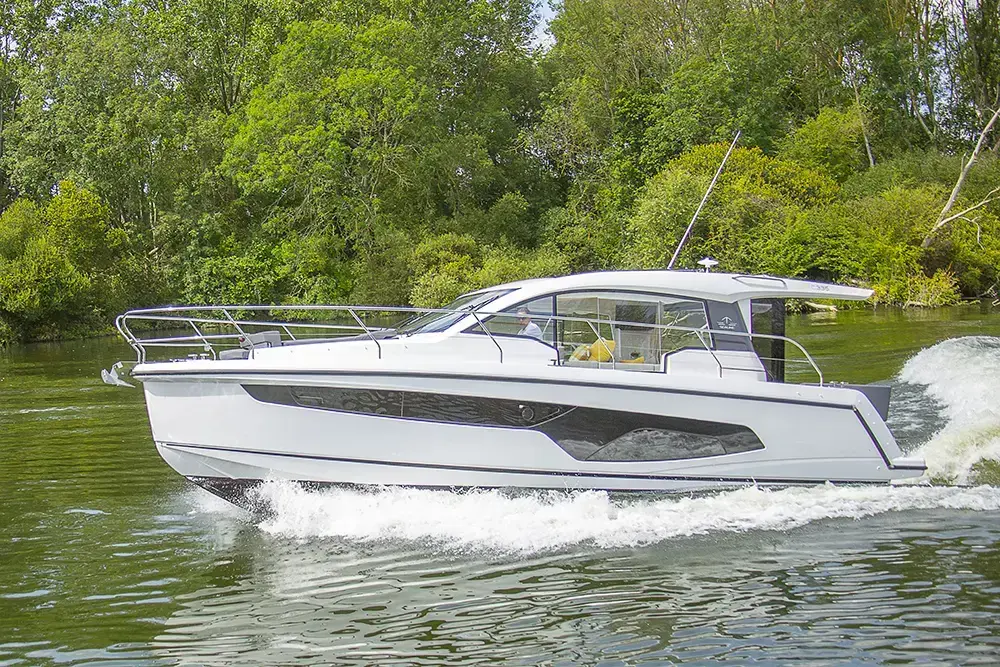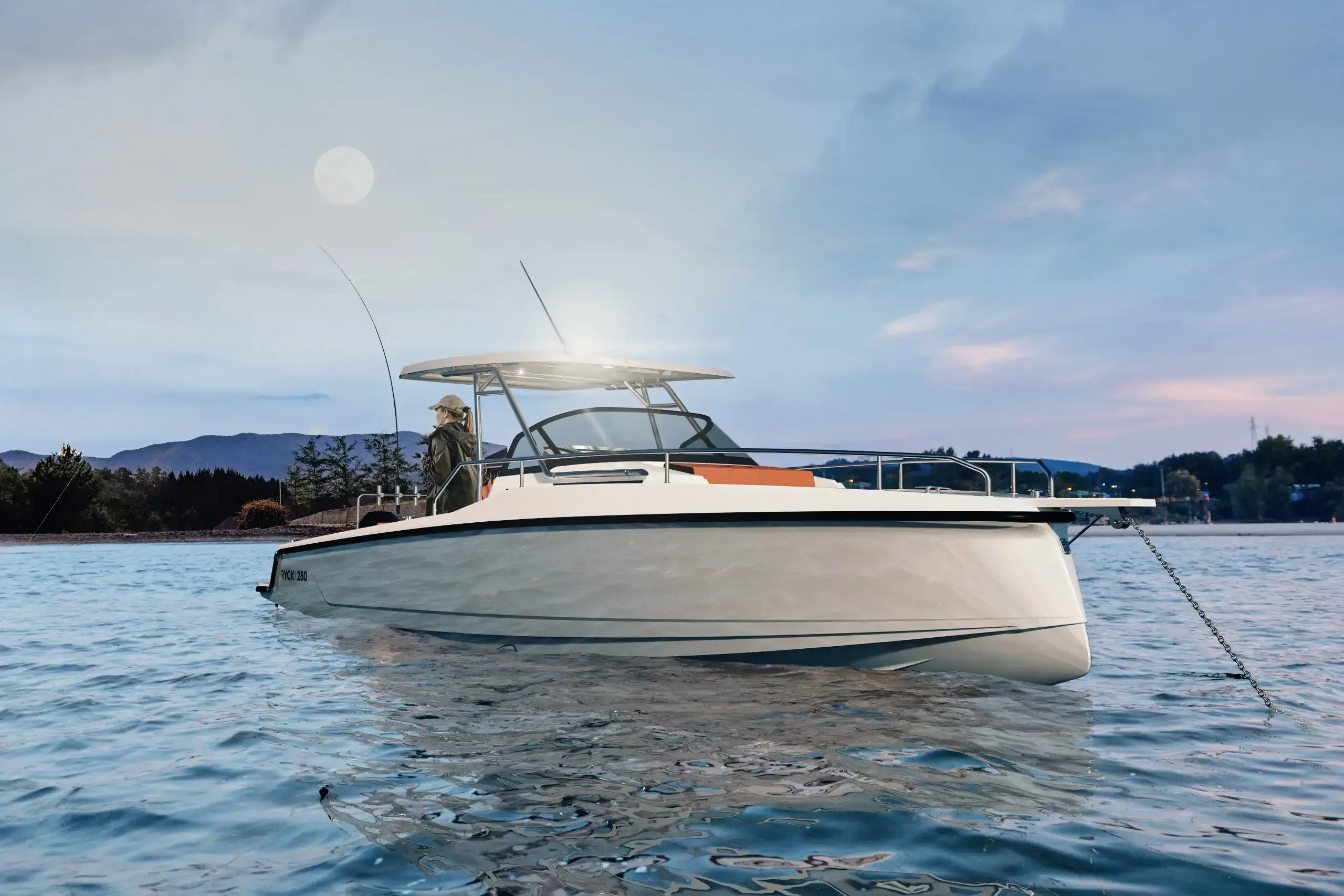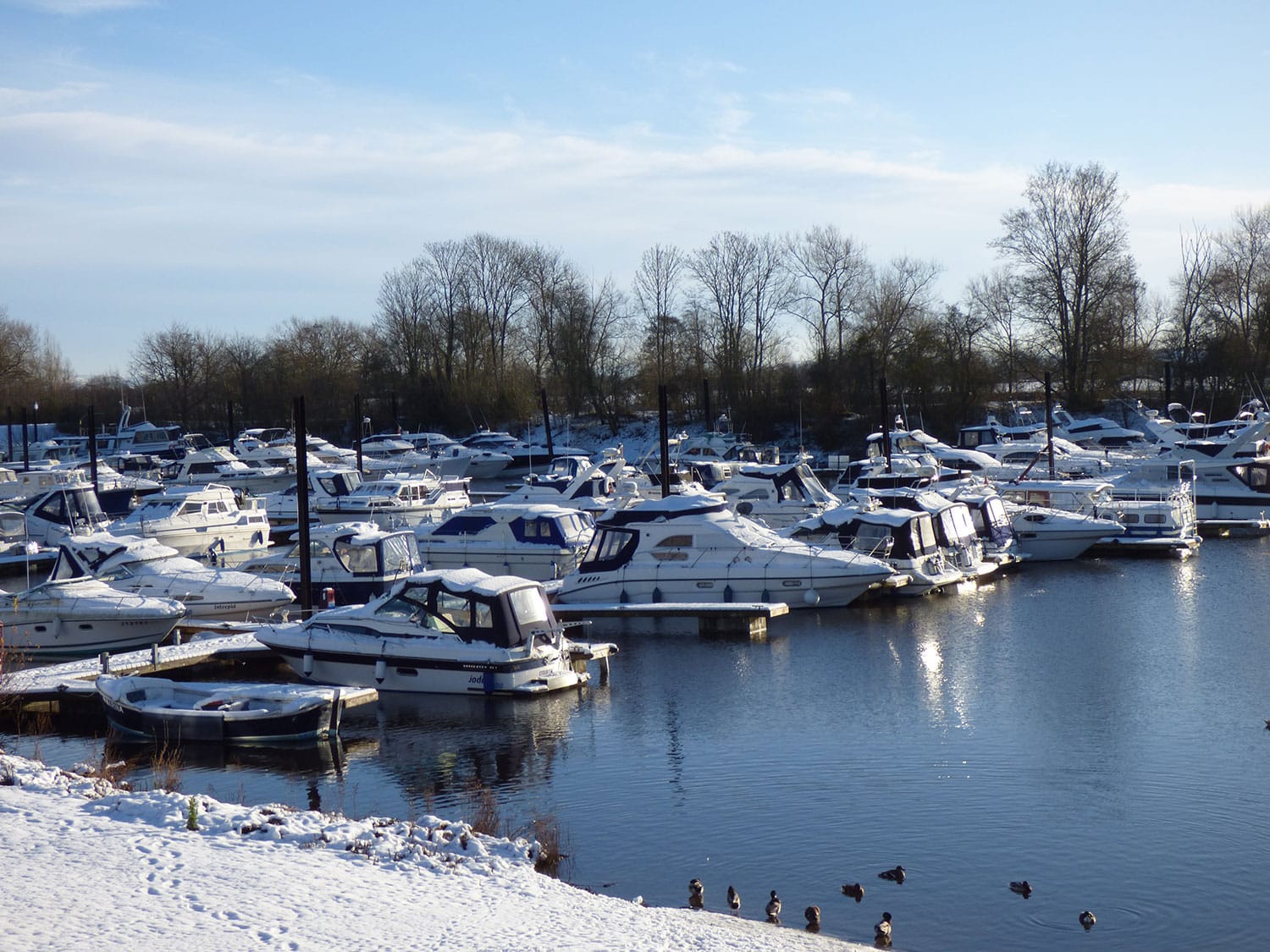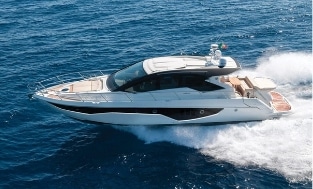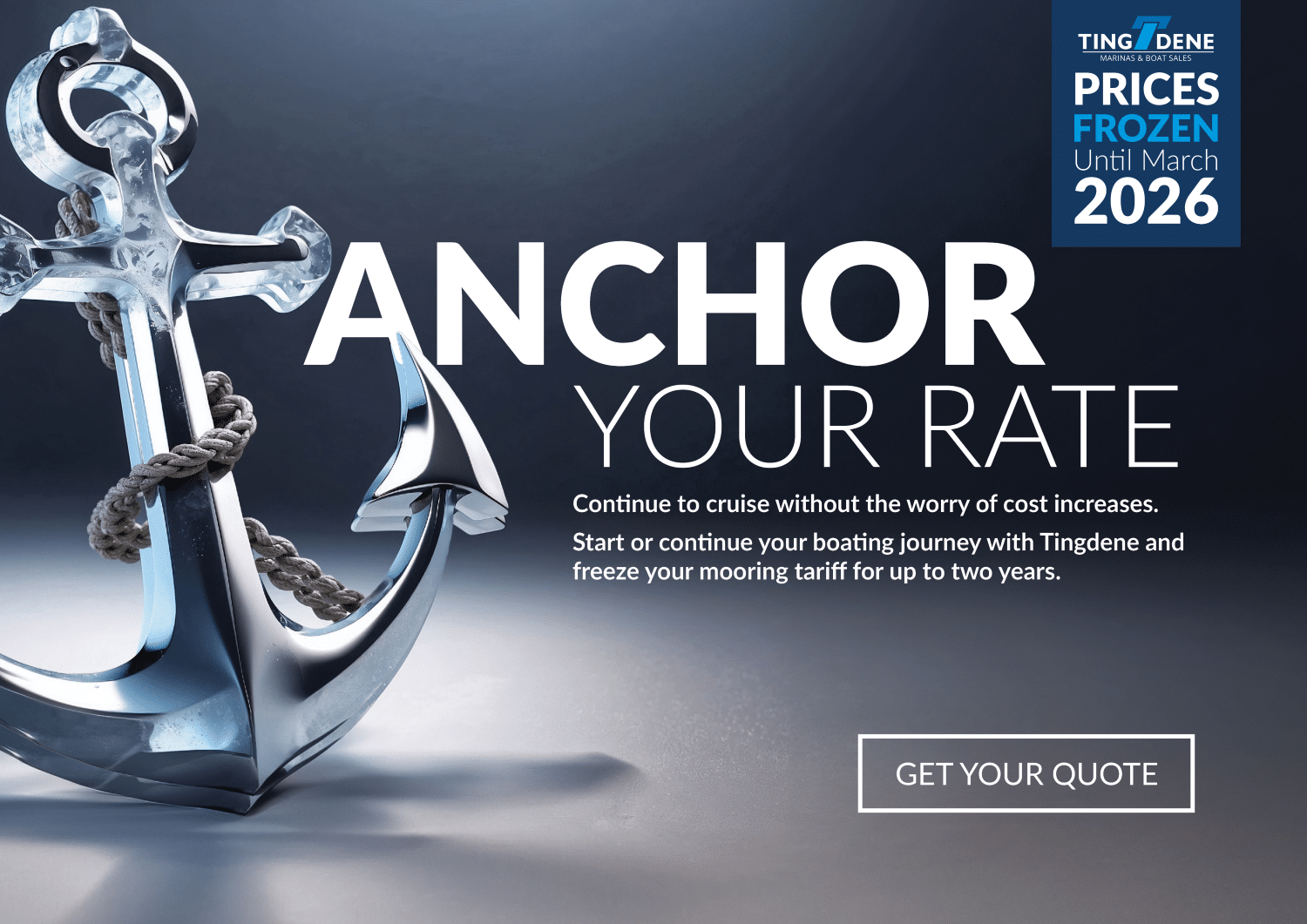This website uses cookies so that we can provide you with the best user experience possible. Cookie information is stored in your browser and performs functions such as recognising you when you return to our website and helping our team to understand which sections of the website you find most interesting and useful.

-
Marinas
About our Marinas
Tingdene Privilege
Activities & Facilities
How much to berth my boat?
Berthing CalculatorTake a look around
Book a tour -
Boat SalesBoats for Sale
Tingdene Favourites
Sealine C335V – Available Now
Full detailsRyck 280 – Available Now
Full details - News
- About Us
- Contact Us
